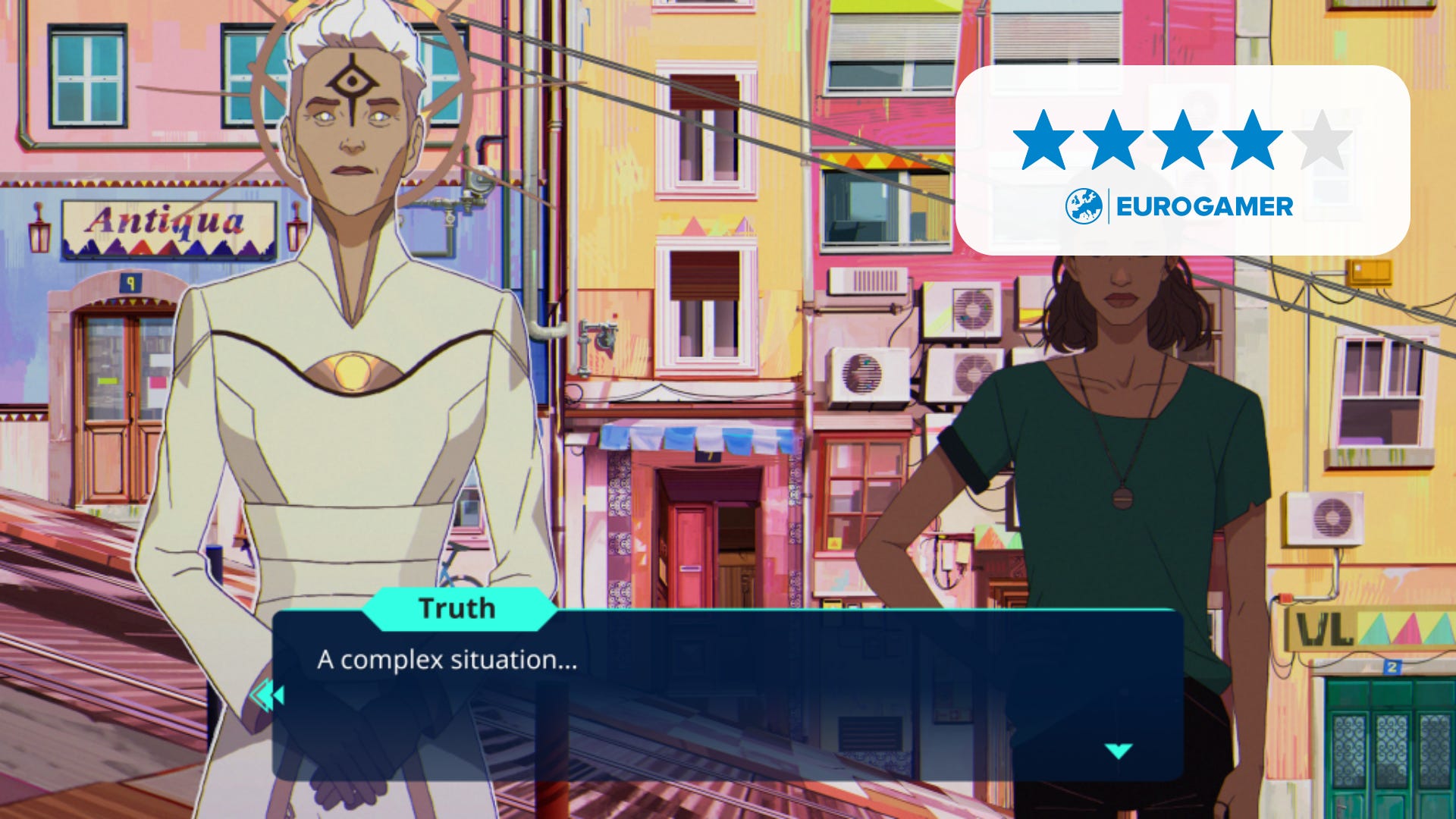
You can thank (or blame) Telltale Games for the mainstream rise of the choice-driven adventure game. That’s not to say games like The Walking Dead brought some unseen revolution in video game storytelling. Story-driven games defined by user choice go back decades, the mechanics were present in many Western RPGs, and that’s without starting a discussion on the history of visual novels. But it did cause a wider gaming population to embrace the idea, leading to a mainstream shift in storytelling to player agency that still continues to evolve today.
Players could now control their own destiny, with inevitable limitations. Understanding your role in these games as a puppet master, not storyteller, hovers above all these experiences, forcing you to come to terms with the reality of never truly defining a game’s ending beyond the boundaries of the developer’s intent. Harmony: The Fall of Reverie asks a simple question: why not face this reality head-on, choosing instead to lift the veil on player choice within the confines of its story to stunning, effortless effect.
As Polly returns to her hometown of Atina after news of her mother’s disappearance rocks her family, she finds a necklace which reveals her destiny as an Oracle, a being with the ability to jump between her home and the celestial plain of Reverie, to talk to the spirits of human emotion: Bliss, Power, Bond, Truth, Chaos and Glory. In this land she is Harmony, with the power to save and shape the existence of these intertwined dimensions. Instability in the celestial world threatens their reality, which faces similar oppression at the hand of the faceless megacorp Mono Konzern (MK) whose reach spreads to every public and private service in the region. Who knows, maybe facing this company head-on could lead to answers regarding your mother’s unusual disappearance and the unrest in Reverie.




